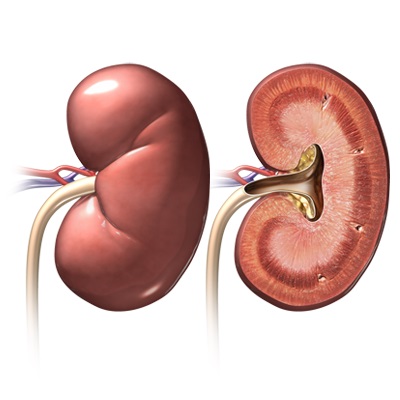Acute kidney failure (AKF)

Acute kidney failure is the abrupt loss of kidney function and is a life-threatening condition. kidneys function in removing metabolic wastes from the body, maintain electrolyte balance, and reabsorbing nutrients. They regulate blood pressure and maintain pH balance. If kidneys are unable to perform their function, it deteriorates the overall health which is characterized by vomiting, anorexia, and seizures. AKF is caused by
- toxins like raisins, radiator fluid, ethylene glycol, and snake venom.
- Infections caused by a group of bacteria called Leptospires
- Certain drugs e.g., anti-inflammatory and pain-killers
- Obstruction due to stone or tumor
Symptoms of AKF include excessive thirst and increased volume of urine, loss of appetite, and lethargy. Diagnosis is made based on blood and urine tests. To find the underlying causes of the disease further laboratory test such as abdominal ultrasound and radiographs may be required. Treatment includes IV fluid therapy to restore hydration, balance electrolytes, maintain blood pressure, and remove toxins from the body.
The prognosis of the disease is slow and depends upon the underlying causes of the disease and response to treatment
